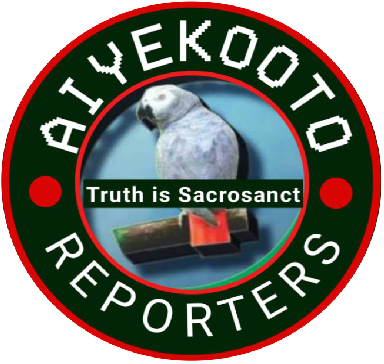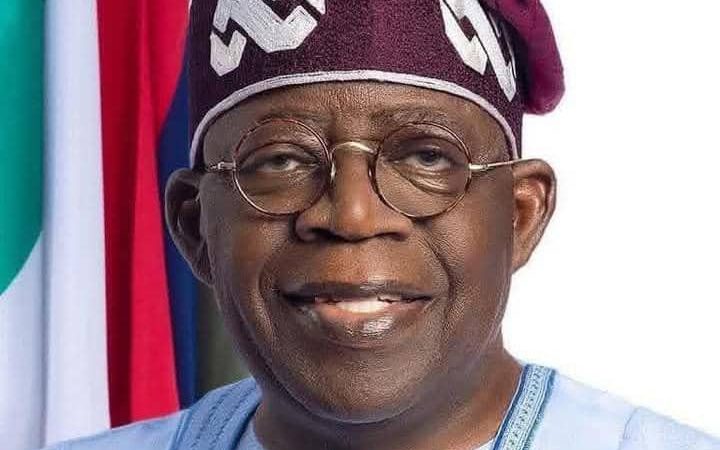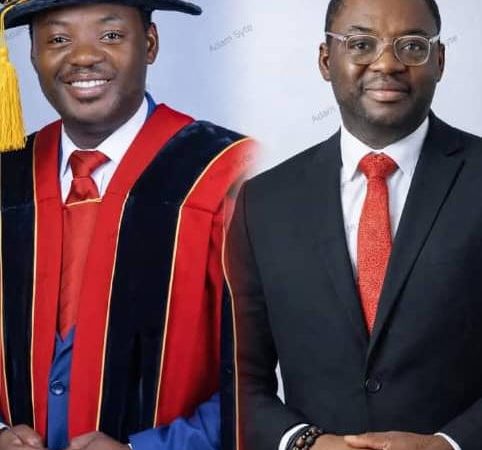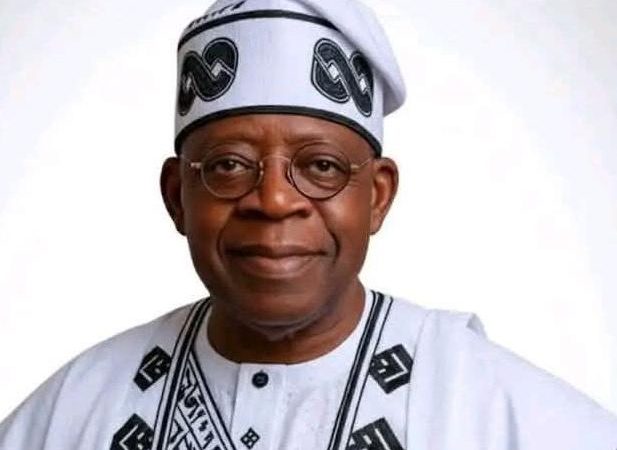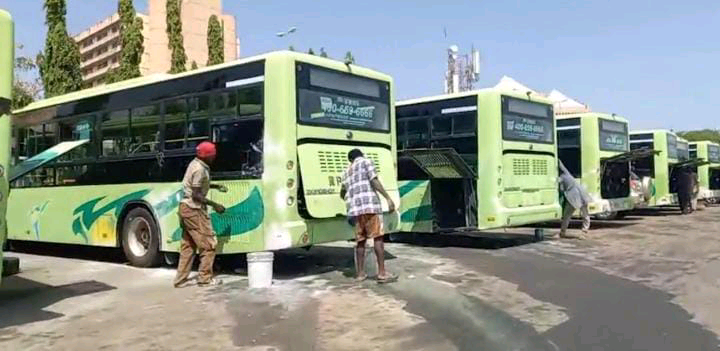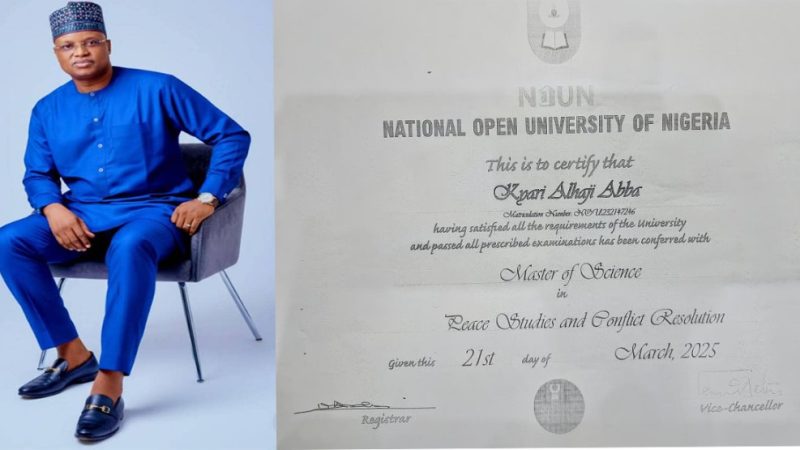Tinubu Government Procures ‘Used’ Mass Transit Buses For Nigerians Despite N100billion Budget, Hires Painters, Panel Beaters To Work On Them
A cross section of “used” high capacity buses for mass transit have been purchased by the President Bola Tinubu-led government to ease transportation challenges of Nigerians occasioned by the fuel subsidy removal, SaharaReporters has learnt.
The buses were sighted by SaharaReporters at the Federal Secretariat car park in Abuja, with a group of panel beaters, technicians and painters battling to fix and rebrand the dilapidated buses.
The panel beaters were seen carrying out body work on the buses while the painters painted the dented parts of the buses to give them a face-lift. Also oil was seen dripping from the engines of some of the buses.
Findings by SaharaReporters revealed that the high capacity buses belonged to the Federal Ministry of Transport as part of a palliative programme designed to reduce the cost of transportation.
A peep into the 14 vehicles also showed that the interior had worn-out seats, smashed windscreens and old tyres.
Meanwhile the Press officer, Ministry of Transport, Mr. Olujimi denied that the vehicles belonged to the Ministry of Transport when SaharaReporters reached out to him for reaction.
Olujimi who had initially refused to answer repeated calls put across to his mobile phone to confirm the ownership responded through a text message sent to him.
He said “They are not, to my knowledge. Thanks for asking”
The 33-passenger capacity vehicles were among the Compressed Natural Gas (CNG)-powered buses which is part of fulfillment of an agreement resulting from the signing of the Memorandum of Understanding (MoU) by the government with the organised labour on October 15, 2023.
The government had said that the CNG-powered mass transit buses would help Nigerians save two-thirds of transportation costs and also promote the use of CNG as an alternative to petrol. This, in turn, will cut down on the cost of transportation across the country.
But many Nigerians have expressed concerns over the safety of the refurbished vehicles instead of new buses considering the deplorable condition of the roads in the country.
They faulted the Tinubu led government for putting their lives in danger by purchasing “used” mass transit buses, thereby reneging on the agreement with the labour.
It would be recalled that due to the hardship brought by the removal of the fuel subsidy, the Trade Union Congress (TUC) and the Nigeria Labour Congress (NLC) announced in September that they would begin an indefinite strike on October 3.
The nationwide strike that was set to begin on October 3 was, however, halted on October 2 by the two labour unions and a coalition of other union leaders.
In the agreement the government accepted to vote N100 billion for the provision of high capacity CNG buses for mass transit in Nigeria. The government said provisions are also being made for initial 55,000 CNG conversion kits to kick start an auto gas conversion programme, whilst work is ongoing on state-of-the-art CNG stations nationwide. The rollout aims to commence by November with pilots across 10 campuses nationwide.
